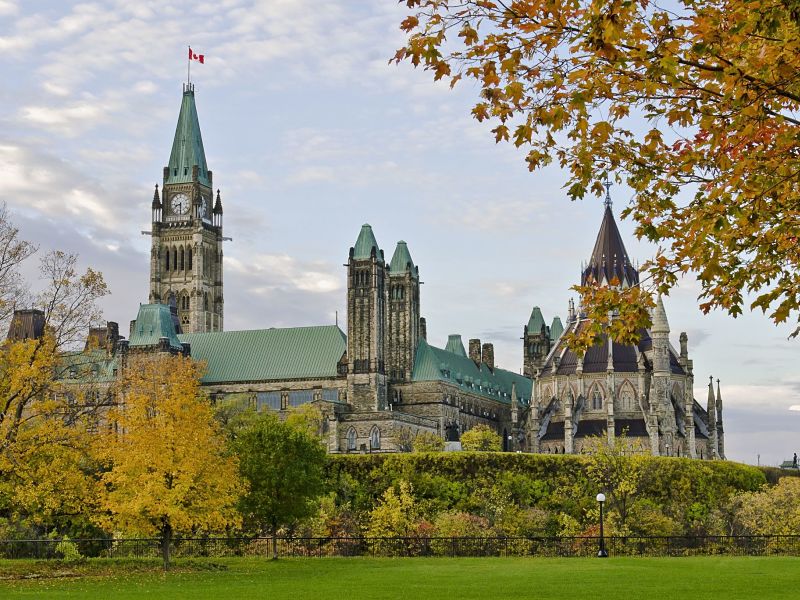
The Green Party of Canada wants to eliminate lower tax rates for capital gains and employee stock options, raise corporate taxes and charge a 5% surtax on commercial bank profits.
The Greens released their platform on Monday for the Oct. 21 election. Along with environmental measures to dramatically reduce carbon emissions in the next decade and phase out fossil fuel production, leader Elizabeth May’s party platform would impact banking, real estate and pensions.
The Greens would eliminate “loopholes” for the taxation of stock options and capital gains. Employee stock options are taxed at the same rate as capital gains, or one-half of personal income. The Liberals have introduced legislation to impose a $200,000 limit on stock options taxed at the preferential rate beginning next year.
The NDP platform also calls for ending stock option deductions, as well as increasing the capital gains rate to 75%.
The Greens would also raise the corporate tax rate to 21% from 15%, while leaving the small business rate at 9%.
Elizabeth May’s party is also proposing a number of measures that would impact Canada’s banks, including a 5% surtax on commercial bank profits, and a financial transactions tax of 0.2%, similar to France’s.
“Commercial banks accumulate huge profits — $43.15 billion for the five largest banks in 2018 alone,” the platform says. The surtax would not apply to credit unions, caisses populaires and co-ops.
Other proposals that would impact Canada’s banking sector include limiting credit card interest rates to a maximum of 10 percentage points above the Bank of Canada prime rate, and limiting ATM fees to $1 per transaction (and prohibiting financial institutions from charging their own customers ATM fees).
The Green platform responds to a long-standing request from Canada’s tax community to establish an arm’s-length federal tax commission to “analyze the tax system for fairness and accessibility, based on the principle of progressive taxation.”
Other tax proposals include:
- Cracking down on offshore havens and requiring companies to prove that foreign affiliates are “actual functioning businesses for tax purposes.”
- Requiring foreign internet-based companies such as Netlfix, Facebook and Amazon to pay corporate tax in Canada.
- Eliminating the 50% corporate meals and entertainment expense deduction.
- Ending fossil fuel subsidies, including accelerated capital cost allowance, write-offs for oil and gas wells, and flow-through share deductions.
Retirement and housing policy
The Greens would establish a universal Guaranteed Livable Income (GLI) program. This would replace existing income supports, such as disability payments, social assistance and income supplements for seniors, the platform says. The income would be based on a “livable” level for different regions, and additional income would be taxed and not clawed back.
The platform also calls for an increase “over time” of the Canada Pension Plan target income replacement rate from 25% to 50%. The CPP Investment Board, meanwhile, would be required to divest coal, oil and gas shares.
The Greens’ housing plan focuses more on building incentives and the rental market than on home ownership. The party would “re-focus” the Canada Mortgage and Housing Corporation’s mandate to support the development of affordable, non-market and co-operative housing.
“With many housing markets demonstrably overvalued, and home ownership rates among the highest in the world, individual home ownership should not be the preoccupation of a public service housing agency and a national housing strategy,” the platform says.
As expected, much of the platform is focused on the environment. The Greens would require a 60% cut in carbon emissions below 2005 levels by 2030, with net zero emissions in 2050. The current federal target is a 30% reduction from 2005 levels by 2030.
To meet the target, no new pipelines, coal mining or oil and gas drilling would be approved and the Trans Mountain pipeline expansion would be cancelled.
The platform calls for a “just transition” of workers in the affected sectors through income protection, job guarantees, retraining and resettlement.
Read the full platform here.